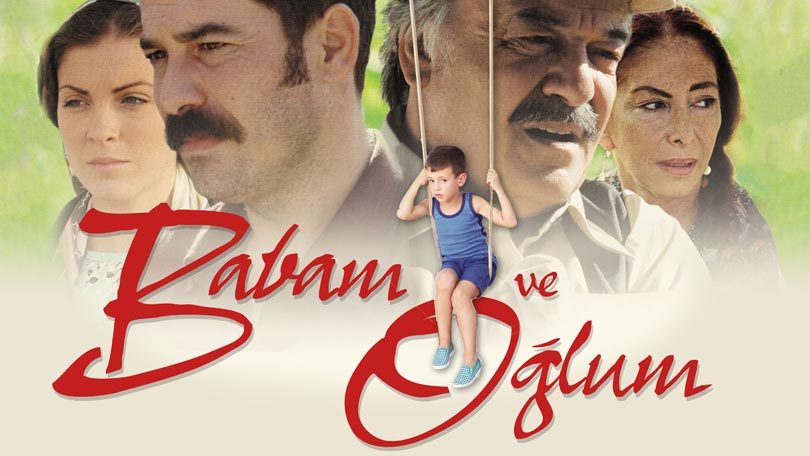jacksondwj.com – Andrei Tarkovsky famously said, “Art is born out of one’s struggle to find beauty in the world.” In Çağan Irmak’s 2005 Turkish drama, My Father and My Son (Babam ve Oğlum), this sentiment rings profoundly true. The film explores the complex dynamics of family, loss, and the enduring power of love and forgiveness against the backdrop of Turkey’s turbulent political landscape in the 1980s. It’s a deeply moving story that resonates with audiences due to its universal themes of reconciliation and the enduring bonds between generations.
A Journey of Reconciliation: From Istanbul to the Aegean
The narrative centers on Sadık, a young, idealistic journalist studying in Istanbul during a period of political unrest. His life takes a dramatic turn when his pregnant wife dies during childbirth amidst the chaos of the 1980 Turkish coup d’état. Devastated and now a single father to a son he names Deniz (meaning “sea”), Sadık is forced to return to his family’s farm in a small Aegean village.
This return marks a significant shift in the film’s tone and focus. Sadık’s relationship with his estranged father, Hüseyin, becomes the central conflict. Hüseyin, a conservative and traditional man, had disapproved of Sadık’s leftist political views and his decision to leave the family farm. Their reunion is fraught with tension, unspoken resentments, and the lingering pain of past disagreements.
The Innocence of Childhood: A Bridge Between Generations
Amidst the strained relationship between father and son, young Deniz becomes a crucial catalyst for healing. He is a bright, inquisitive child, full of life and an unwavering belief in his father. Deniz’s innocent perspective and his genuine affection for his grandfather gradually begin to soften Hüseyin’s hardened heart. The film beautifully portrays the transformative power of a child’s love, which acts as a bridge between two generations separated by ideological differences and years of estrangement.
Deniz’s presence brings joy and laughter back into the previously somber atmosphere of the farm. His interactions with the villagers, his exploration of the rural landscape, and his unwavering love for both his father and grandfather create moments of genuine warmth and humor that contrast sharply with the underlying tensions.
The Weight of the Past: Political Turmoil and Personal Struggles
My Father and My Son is not just a personal family drama; it is also deeply intertwined with Turkey’s socio-political context. The film subtly weaves in the anxieties and uncertainties of the period, reflecting the impact of political upheaval on individual lives. Sadık’s experiences in Istanbul, the coup d’état, and the subsequent political climate all contribute to his personal struggles and his complicated relationship with his father.
However, the film wisely avoids becoming overly political. The focus remains firmly on the human story, using the political backdrop to enhance the emotional depth and complexity of the characters’ journeys.
A Lasting Impact: The Power of Forgiveness
Ultimately, My Father and My Son is a powerful testament to the enduring strength of family bonds and the importance of forgiveness. It is a film that explores the complexities of human relationships with sensitivity and nuance. The performances are uniformly excellent, particularly those of Çetin Tekindor as Hüseyin and Ege Tanman as Deniz. Their on-screen chemistry is palpable, creating some of the film’s most touching moments.
The film’s ending, while bittersweet, offers a sense of closure and hope. It suggests that even amidst loss and regret, reconciliation is possible, and the love between family members can endure even the most challenging circumstances. My Father and My Son is a film that stays with you long after the credits roll, a poignant reminder of the enduring power of love, loss, and the possibility of healing.
